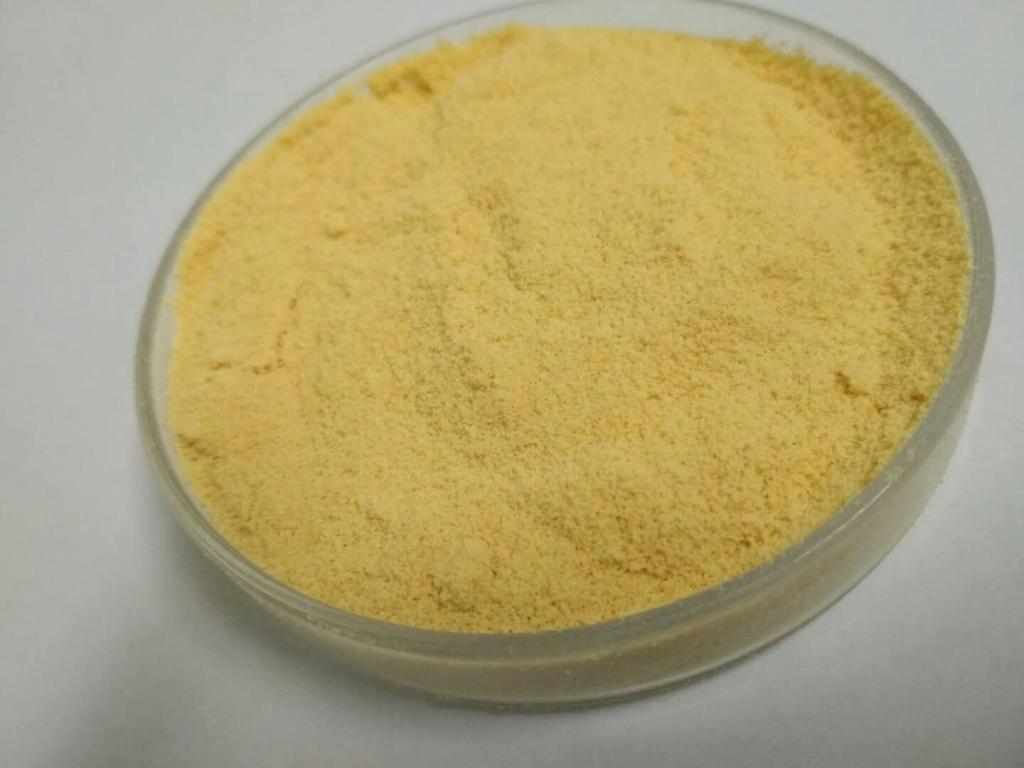Phospholipid role in signal transduction
Time:2024-01-22
Phospholipids play a crucial role in signal transduction, which is the process by which cells communicate and respond to external stimuli.Signal transduction involves the transmission of signals from the cell membrane to the interior of the cell, leading to various cellular responses.
Phospholipids, particularly phosphoinositides, are involved in the generation of second messengers.Phosphatidylinositol 4,5-bisphosphate (PIP2) is a phospholipid present in the cell membrane.Upon activation of cell surface receptors, PIP2 can be cleaved by phospholipase C (PLC) to produce inositol trisphosphate (IP3) and diacylglycerol (DAG).IP3 acts as a second messenger by releasing calcium ions from intracellular stores, while DAG activates protein kinase C (PKC), initiating downstream signaling cascades.
Phospholipids, such as phosphatidylinositol 3,4,5-trisphosphate (PIP3), play a role in the activation of protein kinases.Phosphoinositide 3-kinase (PI3K) phosphorylates PIP2 to generate PIP3, which activates protein kinase B (Akt).Akt, in turn, regulates various cellular processes, including cell survival, growth, and metabolism.
Many cell surface receptors, including receptor tyrosine kinases and G protein-coupled receptors, are associated with the cell membrane.Upon ligand binding, these receptors may activate intracellular signaling pathways through interactions with phospholipids.For example, phosphatidylinositol 4-kinase (PI4K) is involved in generating phosphatidylinositol 4-phosphate (PI4P), which plays a role in receptor-mediated signaling.
Phospholipids contribute to the formation of signaling platforms in the cell membrane.Lipid rafts, microdomains enriched in sphingolipids and cholesterol, serve as platforms for the assembly of signaling molecules.Phospholipids within these rafts can modulate the spatial organization of signaling proteins and their interactions, influencing signal transduction events.
Phospholipids can modulate the activity of ion channels, affecting the flow of ions across the cell membrane.This modulation is crucial for electrical signaling in excitable cells such as neurons and muscle cells.
In summary, phospholipids play a multifaceted role in signal transduction by serving as precursors for second messengers, regulating protein kinase activity, participating in membrane receptor activation, contributing to the formation of signaling platforms, and influencing ion channel function.These processes collectively contribute to the precise and coordinated response of cells to extracellular signals.


 CN
CN





